Ministerial Committee for educational reforms
A 10-member Education Ministerial Committee, backed by a sub-committee, has been formed to carry out educational reforms. During the first discussion of the expert committee appointed to support the ministerial committee for the national education policy framework, President Ranil Wickremesinghe emphasised the crucial role of human resources in the development of any country.
Drawing inspiration from the progress achieved by developed nations, the President stressed the importance of establishing a robust education system and cultivating a skilled workforce to accomplish the objectives of becoming a developed country by 2048. During the discussion held at the Presidential Secretariat this week the President acknowledged the significance of aligning the country’s human resources, enhancing the education system, and transforming the nation into a regional education hub.
To facilitate this, the ‘Education Ministerial Committee’ was formed, chaired by President Ranil Wickremesinghe and comprising 10 members. Additionally, a sub-committee was appointed to support the reforms in five key areas, including early childhood education, primary and secondary education, higher education, vocational training, and information technology. Amidst the discussions, urgent amendments to the education system were extensively deliberated upon, with a focus on equipping the future generation to overcome upcoming challenges, and building a skilled workforce.
President Wickremesinghe emphasised the need for fixed examination periods and announced his intention to legally establish a specific month for the GCE Advanced Level examination. Any changes to the fixed schedule would require submission to Parliament for approval, except in cases of extreme emergencies (for example, pandemics or natural disasters like the tsunami). The President also highlighted the preparation of corresponding laws.
Furthermore, President Wickremesinghe emphasised the importance of retaining children in school education for 13 years, and called for a decision regarding the necessity of the GCE Ordinary Level Examination and the Grade 5 Scholarship examination. In addition, the President emphasised the importance of advancing education and technology while maintaining the standard of the school system. Special attention was given to the measures required to enhance English skills of school children. Acknowledging that a trained workforce is essential for a country’s development, he underscored the importance of rapid transformations in Sri Lanka’s vocational training sector to meet the demands of the upcoming labour market.





















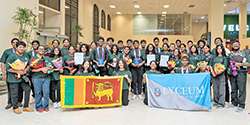



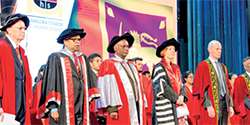

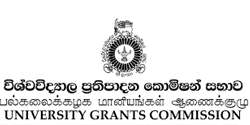
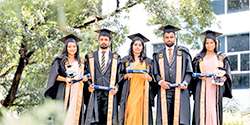
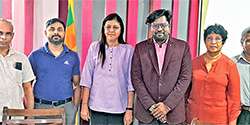





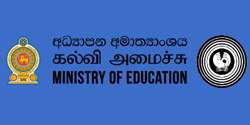



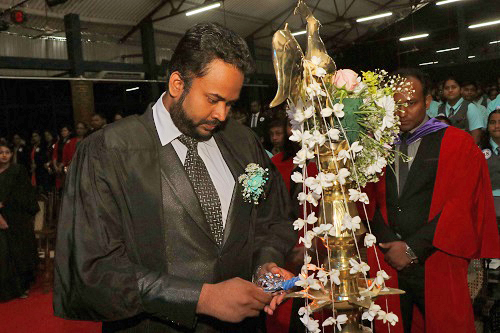

.jpg)

.jpg)
.jpg)
.jpg)
.jpg)
